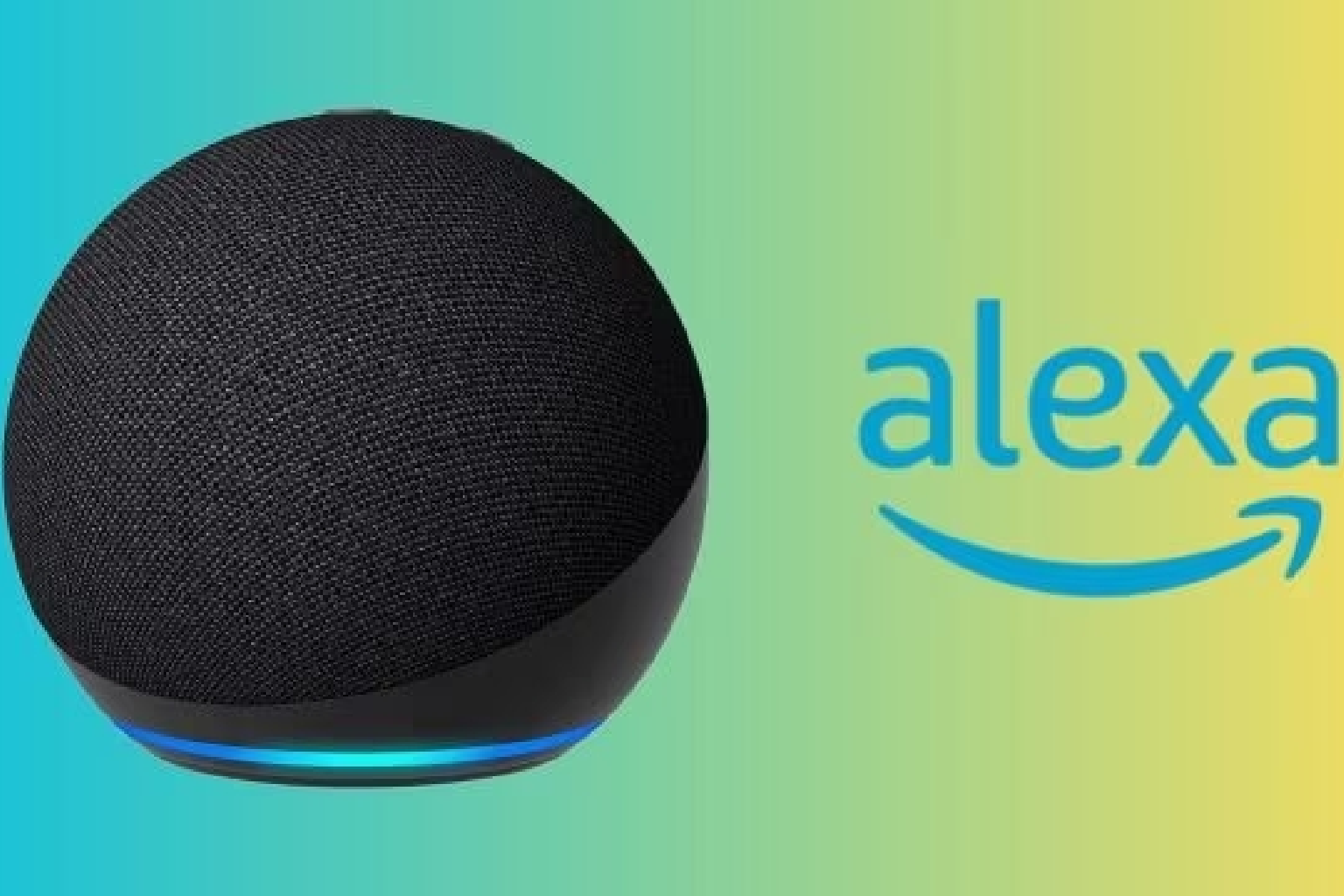
Amazon Celebrates Alexa’s 10th Anniversary with a Generative AI Boost
Amazon’s Alexa has lost billions of dollars over the past five years, but the company is betting that generative AI will bring the smart assistant back to life.
Amazon doesn’t make any money from Echo smart speakers. Everyone has known about Alexa’s life since the beginning. Only a company as big as Amazon has been able to get away with this kind of loss-leader strategy for ten years. Of course, selling hardware at a loss can be a beneficial idea. Think about printers and razors. They earn money with ink cartridges and blades.
Saturation analysis shows that Amazon’s strategy has been successful. At the beginning of this year, Amazon founder Jeff Bezos said that Alexa is now in 100 million homes and on 400 million devices. But the truth about money paints a very different picture. A new article from The Wall Street Journal says that Amazon’s devices division lost an incredible $25 billion in the five years from 2017 to 2021. The Alexa division reportedly lost $10 billion in 2022 alone.
There is a point where a loss leader is just a loss. At the end of 2023, the Alexa unit laid many people to rest. Even for a company that makes more than $600 billion a year, eleven-digit annual losses and a bleak macroeconomic outlook are not favorable enough. In the past few years, many smart assistants have come back to Earth, including Alexa.
Aside from services like Bixby and Cortana, which are no longer available, people are also less excited about Google Assistant and Siri. But Google and Apple have shown in recent months that they’re not ready to die. Siri stole the show at WWDC in June. This was because of Apple’s new Apple Intelligence program, which gave the brand a fresh start. Google also confirmed this week that it will use Gemini to enhance the Assistant in the home.
According to a report from Bloomberg in 2021, most queries to Alexa are about one of three things: playing music, controlling lights, or setting timers. To put it even more bluntly, a former senior Amazon worker told WSJ, “We were scared that we had hired 10,000 people and made a smart timer.” Alexa has received a lot of written criticism over the past decade, but that may be the softest.
Despite continuing to release Echo devices, including an updated Spot last month, the company’s pace has slowed down. Undoubtedly, the Spheres have done a lot of deep soul-searching. Amazon, like Google and Apple, thinks that generative AI is what Alexa needs to stay alive. The 10,000-person timer problem happens because devices don’t work the way people want them to. Part of the effort has been to ask outside developers to make skills for her to make Alexa more useful. Over the years, Amazon has also tried to make the assistant better at talking to people.
Generative AI is Transforming Voice Assistants
That way, generative AI changes the game. Platforms like ChatGPT have demonstrated exceptionally high conversational natural language skills. Amazon showed off a sneak peek of Alexa’s future powered by generative AI at the end of last year. The company wrote, “We’ve always thought of Alexa as a service that changes over time, and we’ve been continuously improving it since the day we launched it in 2014.”
“Our goal for a long time has been to make talking to Alexa as natural as talking to a real person. Thanks to the rapid growth of generative AI, we are now very close to reaching our goal.” Alexa and Echo have been around for ten years, as of November. Now is the best time to think about what the next ten years might be like. The assistant’s prospects for the next ten years will largely depend on how the next few months unfold.


